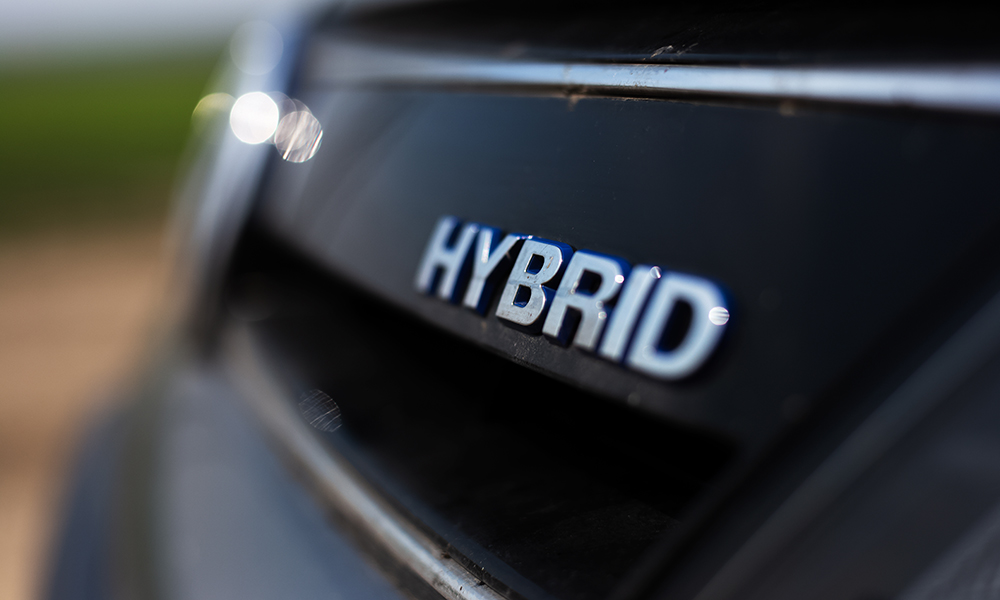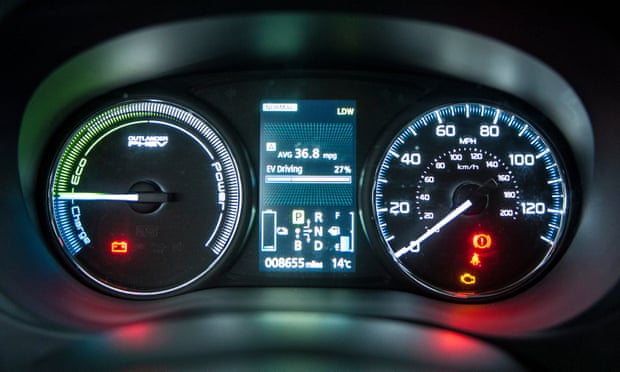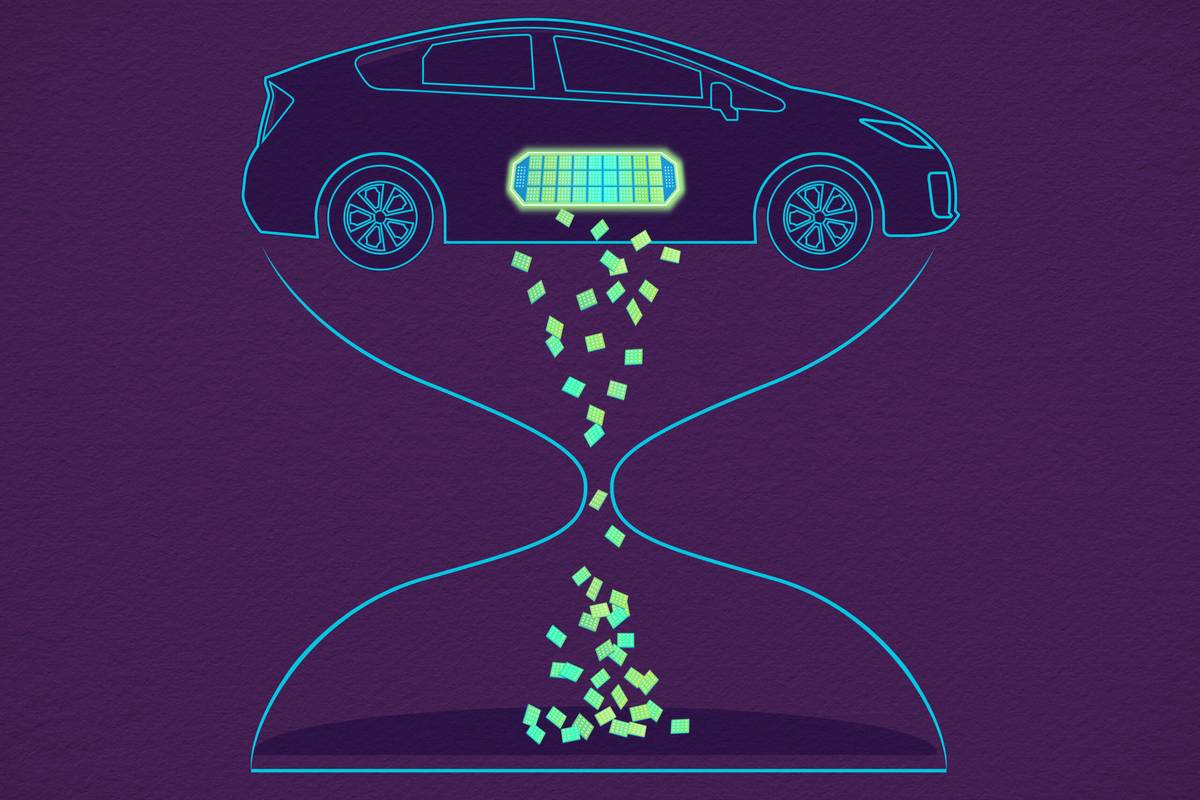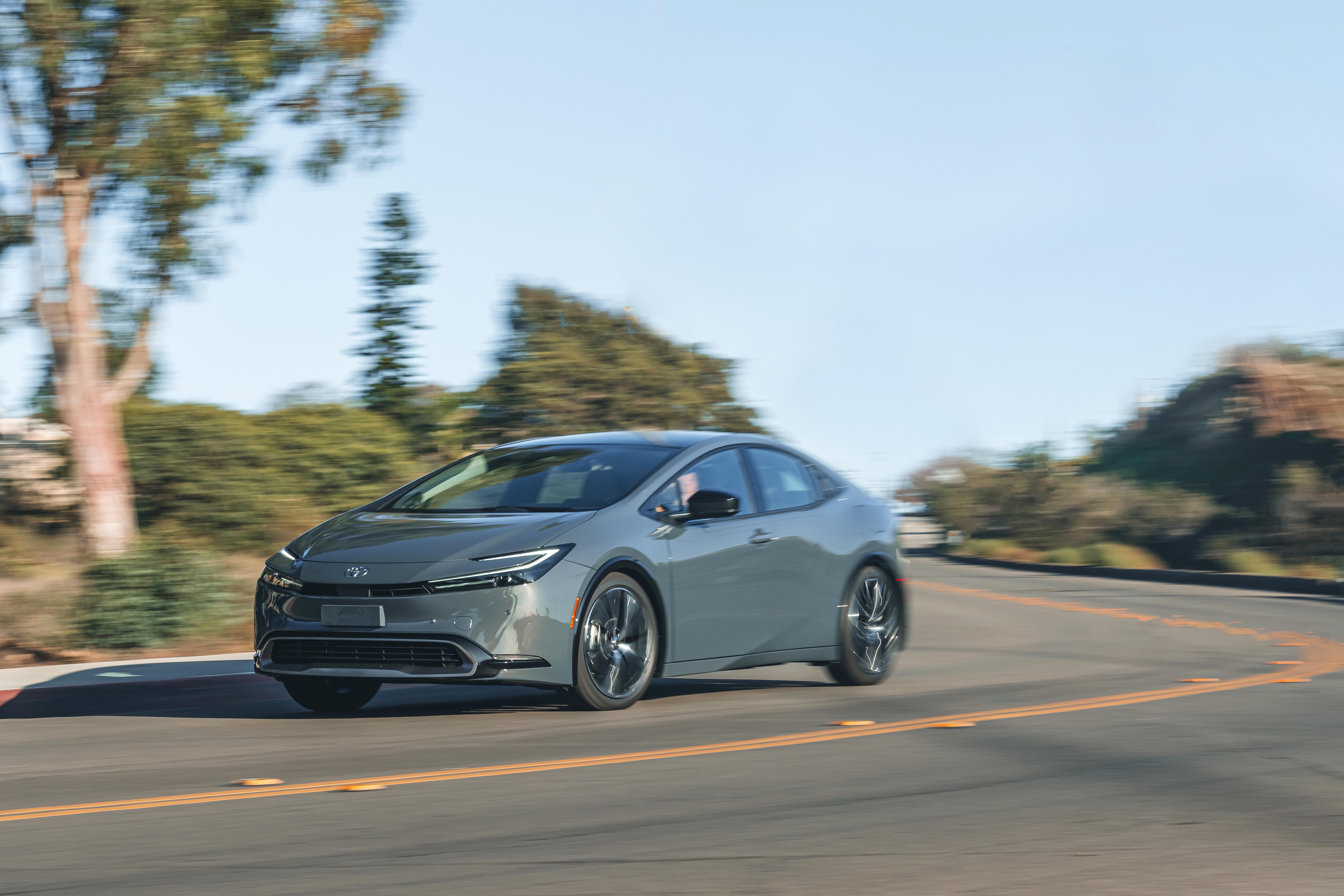Hybrid vehicles are becoming a popular choice for eco-conscious drivers and those seeking fuel efficiency. However, myths and misconceptions about hybrid cars often discourage potential buyers from exploring this sustainable option. From concerns about maintenance costs to doubts about performance, misinformation clouds the truth about hybrids.
This article aims to debunk common hybrid car myths, providing accurate information to help you make an informed decision. Understanding the facts will ensure you get the most out of these innovative vehicles and embrace a greener driving experience.
1. Myth: Hybrid Cars Are More Expensive to Maintain
One of the most persistent myths about hybrid vehicles is that they come with high maintenance costs. However, this belief doesn’t hold up under scrutiny.

- Reality: Hybrids are designed with advanced technologies that reduce wear and tear on critical components. For instance, regenerative braking systems extend the life of brake pads.
- Durable Batteries: Modern hybrid batteries are engineered for longevity and typically last 8-10 years or more. Most manufacturers also offer extended warranties on batteries, reducing replacement concerns.
- Engine Efficiency: Since hybrids alternate between gasoline engines and electric motors, the internal combustion engine experiences less strain, minimizing the need for frequent repairs.
Ultimately, hybrids often cost less to maintain than conventional cars over their lifespan.
2. Myth: Hybrids Are Slower and Less Powerful

Another misconception is that hybrid cars sacrifice performance for fuel efficiency. Many believe hybrids are sluggish and unsuitable for highway driving or demanding conditions.
- Reality: Today’s hybrids feature robust powertrains that combine gasoline and electric power, delivering impressive acceleration and performance.
- Performance Models: Cars like the Toyota RAV4 Hybrid and Honda Accord Hybrid prove that hybrids can be quick and versatile, catering to different driving styles.
- Advanced Features: Hybrid systems like Toyota’s Hybrid Synergy Drive optimize power delivery, ensuring smooth transitions between electric and gasoline modes without compromising speed.
Far from being underpowered, hybrids offer performance capabilities comparable to traditional vehicles.
3. Myth: Hybrid Cars Don’t Save Much on Fuel Costs

Skeptics often claim that the fuel savings of hybrids are negligible, especially for drivers who primarily use highways.
- Reality: Hybrids excel in fuel efficiency, particularly in urban driving conditions where stop-and-go traffic allows the electric motor to take over.
- Exceptional Mileage: Popular models like the Hyundai Ioniq and Toyota Prius boast fuel economy ratings exceeding 50 miles per gallon.
- Highway Performance: Even on highways, modern hybrids maintain impressive efficiency by using aerodynamic designs and optimized power systems.
Over time, the savings on fuel costs can amount to thousands of dollars, making hybrids a financially smart choice.
4. Myth: Hybrid Batteries Are Unreliable and Costly to Replace
The belief that hybrid batteries frequently fail and are prohibitively expensive to replace is another common deterrent.

- Reality: Hybrid batteries are built to last, with many outlasting the vehicle itself. Advanced battery technology has significantly improved their reliability and lifespan.
- Warranty Coverage: Most automakers offer warranties ranging from 8 to 10 years or 100,000 to 150,000 miles, providing peace of mind to buyers.
- Lower Replacement Costs: While battery replacement costs can be high, this expense is rare and offset by the savings in fuel and maintenance.
Concerns about hybrid battery reliability are largely outdated and not reflective of modern advancements.
5. Myth: Hybrids Are Only for City Drivers
Many people think hybrids are only beneficial for those living in urban areas, where electric motors are more effective.

- Reality: While hybrids shine in city traffic, they are equally effective for highway driving and long commutes.
- Versatile Options: Models like the Ford Escape Hybrid and Toyota Highlander Hybrid are designed for families and long-distance travelers, offering comfort and efficiency on the road.
- All-Terrain Capability: Some hybrids even feature all-wheel-drive systems, making them suitable for various driving conditions, including rough terrains and adverse weather.
Hybrids are versatile vehicles that meet the needs of a wide range of drivers, not just city commuters.
Conclusion
Hybrid cars offer numerous advantages, but myths and misinformation can overshadow their true potential. By debunking these common myths, it’s clear that hybrids are not only fuel-efficient but also reliable, powerful, and cost-effective. Whether you’re concerned about maintenance, performance, or long-term value, hybrids stand out as a practical and sustainable choice for modern drivers.
What are your thoughts on hybrid cars? Have you encountered any of these myths? Share your experiences in the comments below! Don’t forget to explore our website for more articles on eco-friendly driving and the latest automotive trends. Let’s drive towards a greener, smarter future together!

Leave a Reply